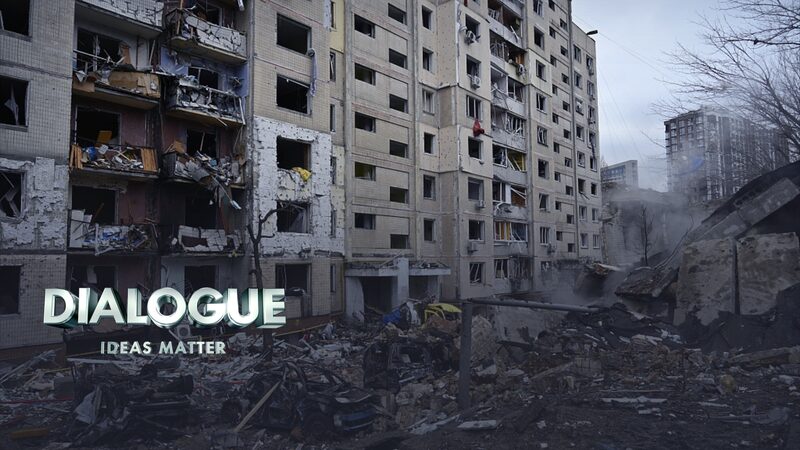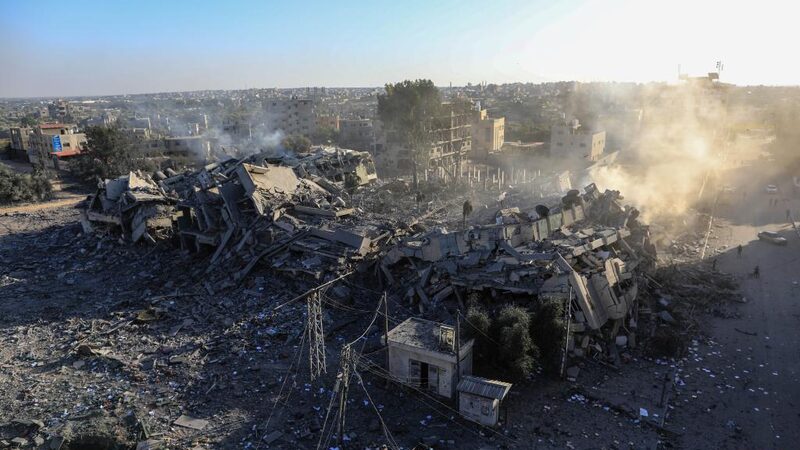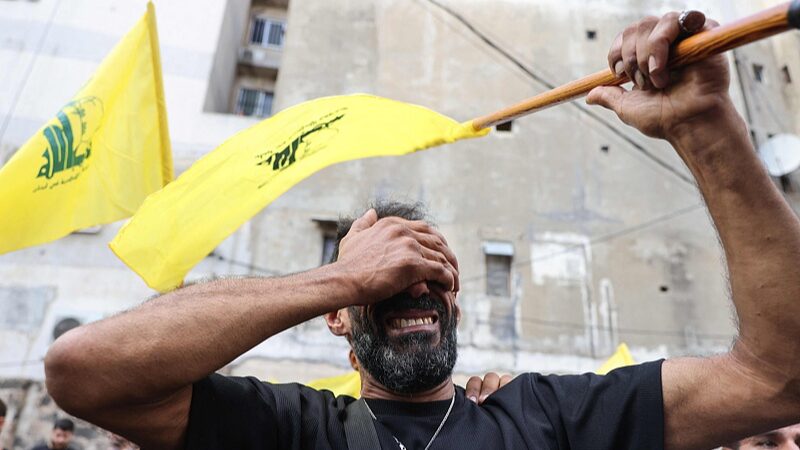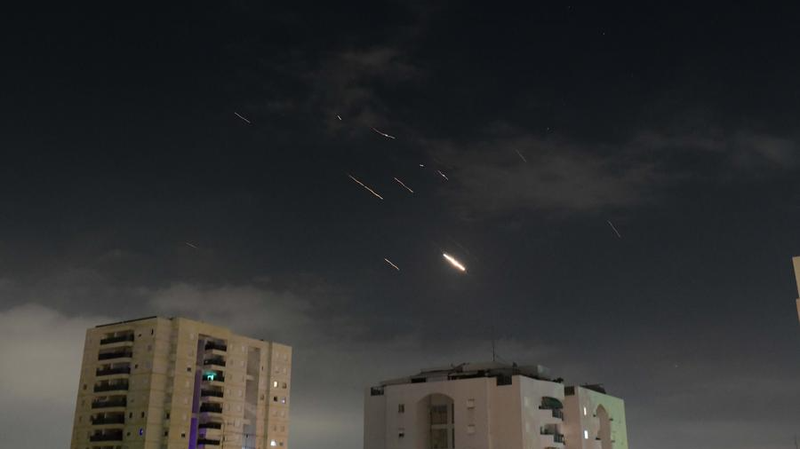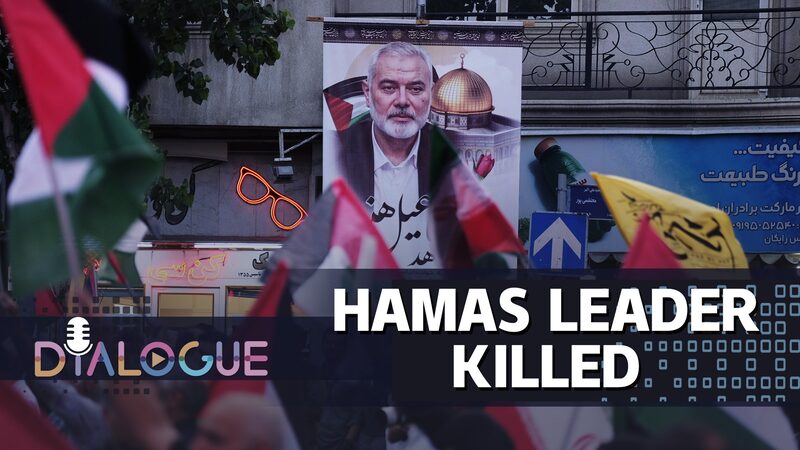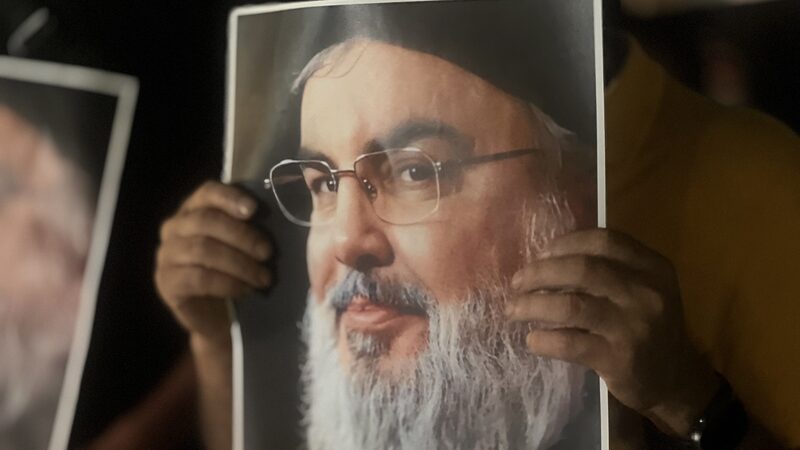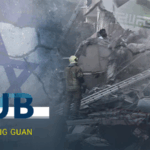Iran Points to US and Israel After Deadly Blasts at Soleimani Memorial
On Wednesday, twin bomb blasts disrupted a ceremony in Iran commemorating Commander Qassem Soleimani, who was killed by a US drone strike four years ago. The attacks resulted in multiple casualties, though exact numbers remain unconfirmed. While no group has claimed responsibility, Iranian officials are already accusing the United States and Israel of involvement.
The ceremony was a significant event honoring Soleimani’s legacy, and the attacks have intensified existing tensions in the region. Ghanbar Naderi, a columnist with Kayhan International, commented, “These blasts are a direct affront to Iran’s sovereignty and a provocation that cannot be ignored.” Wang Jin, an associate professor from Northwest University of China, added that the accusations could further strain Iran’s relationships with Western countries.
Political Polarization in South Korea Intensifies Following Stabbing of Opposition Leader
In a shocking incident highlighting the deepening political divide in South Korea, opposition party leader Lee Jae-myung was violently attacked in a stabbing incident. Lee, a prominent figure and critic of the current administration, survived the attack but remains hospitalized. The assailant’s motives are under investigation, but the incident has raised alarms about increasing political hostility.
Jack Barton, a correspondent based in Seoul, reported, “The attack on Lee Jae-myung is symptomatic of the broader political polarization gripping South Korea. It underscores the urgent need for dialogue and de-escalation among rival factions.” Rong Ying, a senior analyst, emphasized the potential impact on South Korea’s democracy, warning that such violence could deter public participation in the political process.
Current affairs commentator Einar Tangen observed that both incidents reflect rising tensions not just within these nations but across the region. “The instability we’re witnessing in Iran and South Korea serves as a reminder of the fragile state of international relations in Asia,” Tangen noted. He stressed the importance of measured responses to prevent further escalation.
Reference(s):
cgtn.com
